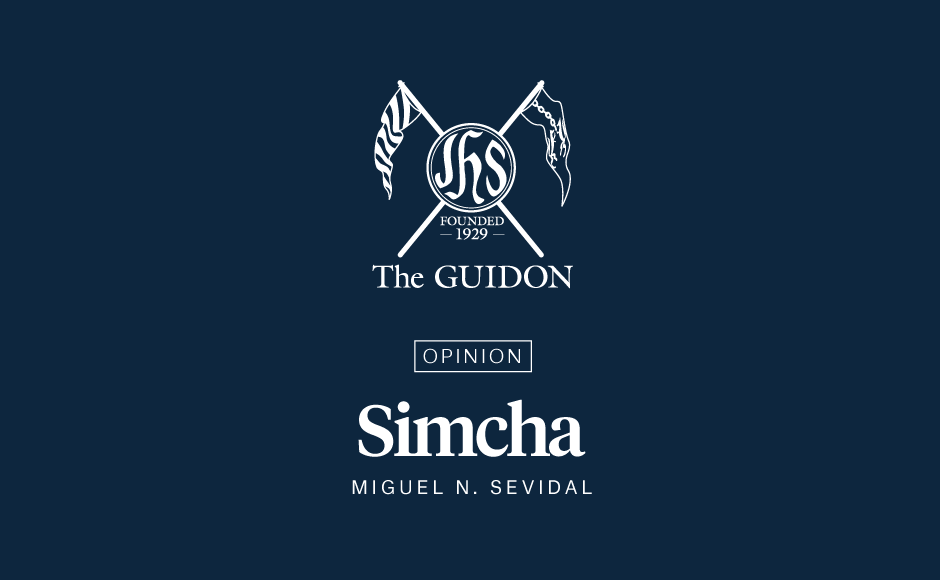“Hindi tayo ang ating nakaraan (We are not our past).” These were the words echoed by Former Senator Bongbong Marcos in his bid for the second highest elective post in the land. The words were an attempt to appeal to the nation by tapping into the ideas of rising again (pagbangon muli) and overcoming hardship (paglipas sa pagsubok).
Apart from an effort to cover up involvement in his father’s dictatorship, the Marcos son’s message is an intelligent play at the Filipino psyche. We are after all, a resilient people—one that is to weather storms and live through struggle. And in our collective history defined as a continuous struggle for liberation, we as a people have looked toward change as the means toward a brighter future.
Perhaps it is for this reason that Marcos announced his vice presidential bid harking at the idea of “revolution.” “Pamumunuan ko ang isang rebolusyon sa puso, sa isip, at sa gawa (I will lead a revolution in heart, mind, and action),” Marcos said in Intramuros, Manila last October 10, 2015. In Filipinos and Their Revolution: Events, Discourse, and Historiography, Reynaldo Ileto says that Marcos’s father played a similar card, alluding to his own “democratic revolution” as a means to invoke national discipline.
Thirty-one years after the People Power Revolution, we are reminded of the crucial role of change and revolution in shaping our nation’s history. These themes are all the more relevant today when the son of the ousted dictator comes inches away from stealing the vice presidency and when a culture of injustice and impunity permeates. One can argue that Bongbong Marcos is right—hindi tayo ang ating nakaraan, that we as a people have failed to enshrine the values of EDSA. When impunity and injustice prevail in a society, where can one find the EDSA values of peaceful unrest and democracy?
We are not our past and perhaps the Marcos son is right. But maybe this is so because we, as a people, are better and not worse than our past selves who failed in the first People Power. We have the lessons of history to empower us to complete what Ileto calls an “unfinished revolution.” We have generations of wisdom to help us achieve genuine people power, to fully embrace the values enshrined when we fought against the dictatorship.
As we continue our struggle for genuine change and fufilled revolution, let us not forget to look at our past selves, at our history. Hindi tayo ang ating ating nakaraan. We are older, wiser, and tougher than we were before. We know what the struggle for freedom entails and its cost. And thirty-one years after our parents ousted a dictator, the next generation of Filipinos show that they are unwilling to tolerate tyranny in all forms.







